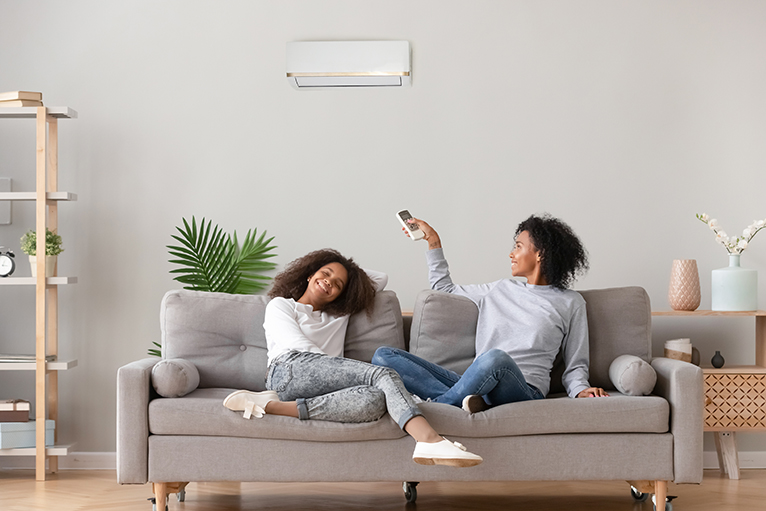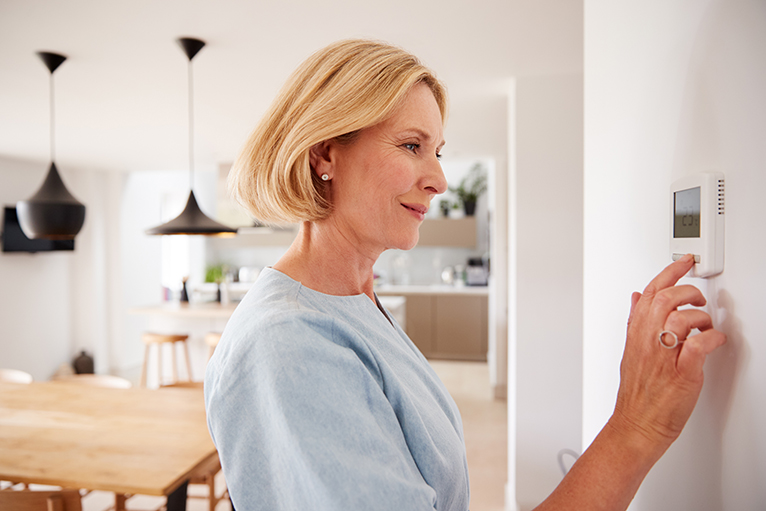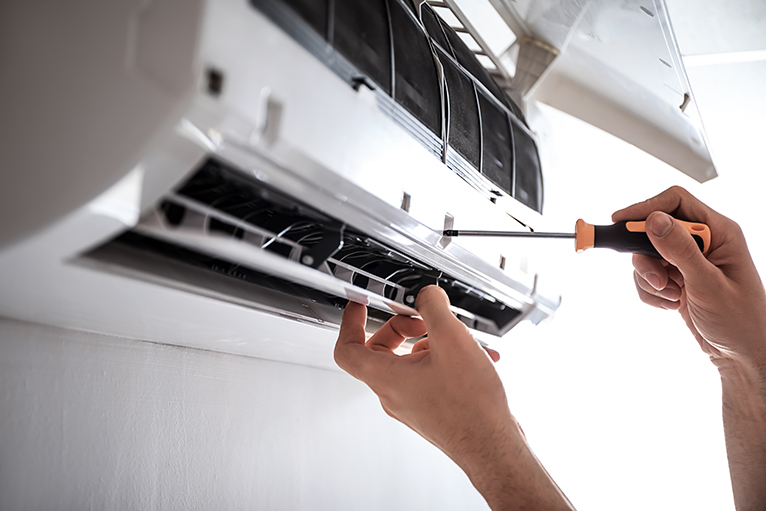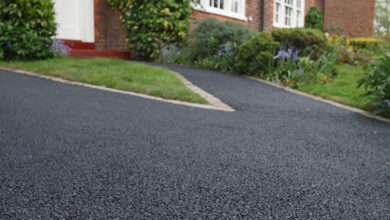5 FAQs about air conditioning
Every summer, people flock to the shops in search of a fan – causing shortages across the UK and leaving those of us without one feeling uncomfortably hot in our homes! That, and what seem like ever warmer temperatures, have led to many homeowners wondering: do I need home air conditioning? To help you decide, we’ve answered some common questions that homeowners ask about air conditioning. Find the answers you’re looking for below.
Skip to:
- Is it noisy?
- Is air conditioning bad for the environment?
- Is air conditioning worth it?
- Can it make you sick?
- Where can I find someone to install air conditioning near me?
1. Is it noisy?

Many newer models run almost silently. Choose a soft starter model, to reduce any vibrations that could cause excess noise.
However, with some models – especially older ones – the external compressor unit may make a loud noise which could upset your neighbours. Plus, if multiple houses in close proximity have air conditioning installed, the collective noise levels could be considered disruptive.
Some local authorities will require you to apply for planning permission for your unit. These will often have terms which state allowed noise levels. So, if you’re considering installing air conditioning in your home, it’s best to check your local authority’s website beforehand.
2. Is it bad for the environment?
Compared to portable units and fans, a permanent air conditioning unit often runs more efficiently, meaning it has less environmental impact. Furthermore, newer models consume less energy than older ones due to improvements in design. Some models have even achieved the highest energy efficiency rating! This is partly thanks to smart features, such as empty room detection which activates an energy saving mode. Split units (with an indoor and outdoor unit) are widely considered to be the most energy efficient option, as there’s less potential for energy or heat loss.
However, there is some waste that comes with air conditioning, which does affect the environment, due to the need for disposable filters. It’s important to use air filters in your unit, as they catch the dust and debris which would otherwise build up inside the unit and lead to costly repair work.
Most filters need to be changed every 3 months or thereabouts. But, you might want to change them more frequently if anyone in the household has breathing conditions or allergies, or if you have pets that shed lots of hair. To be more energy efficient, opt for units that allow washable filters, or filters made in an energy efficient way, to be used.
Are the filters recyclable?
Some manufacturers offer safe disposal and/or recycling services.
3. Is it worth it?

Air conditioning brings many benefits, including:
- Improved air quality: It removes dust and pollutants in the air, which can help those with medical conditions that affect their breathing.
- Better sleep: To create the perfect sleep environment, it’s important to get your bedroom temperature right. The ideal temperature for a good night’s sleep is around 16-18°C, according to the Sleep Council. Furthermore, anything over 24°C is too high. In 2021, some areas of the UK hit that temperature as early as March according to Sky News, with future heatwaves predicted.
- Easy control: Some models can be controlled using an app on your smartphone.
4. Can it make me sick?
An air conditioning unit itself won’t make you sick. But, if airborne allergens such as dust or bacteria are present in your home, then the unit will circulate these around, which can make you feel ill or like your allergies have worsened.
As mentioned before, it’s important to change the filters in your unit regularly. This will reduce the amount of allergens circulated in your home.
If the temperature is too low on your unit, you could find yourself with dry skin, headaches, dizziness and cold/flu symptoms. So, choose a temperature that’s suitable for the season and that you feel comfortable in. An unnecessarily low temperature wastes energy and costs you extra money on your electricity bills!
The Health and Safety Executive suggests using mechanical ventilation (such as air conditioning) to reduce the risk of airborne transmission of coronavirus (COVID-19).
5. Where can I find someone to install air conditioning near me?

Find an expert electrician with experience in home air conditioning installation by posting your job on Rated People.




